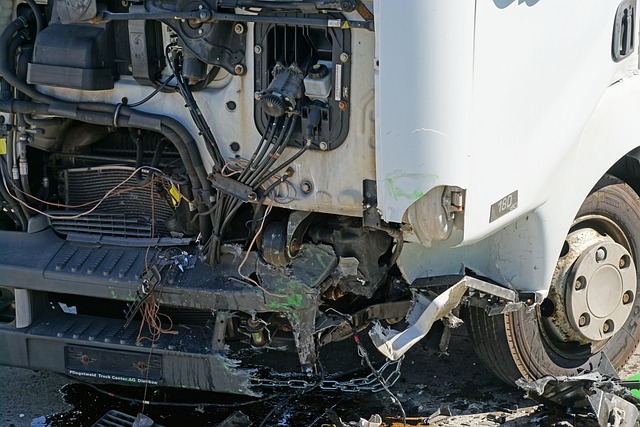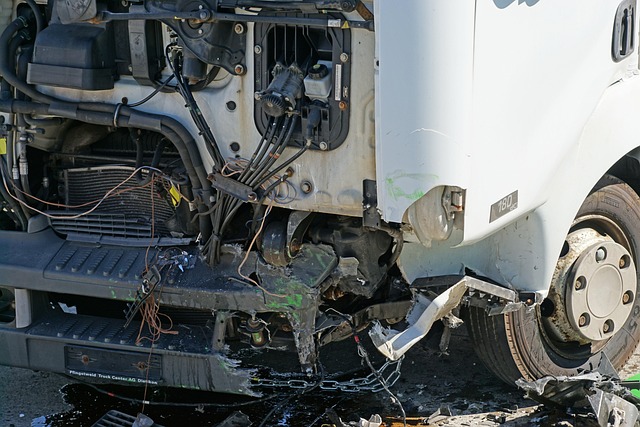General Liability (GL) insurance is crucial for small businesses, offering protection against financial losses from various claims like bodily injury, property damage, and advertising errors. It covers incidents such as customer slips, employee accidents, and printing errors, safeguarding assets and maintaining cash flow stability during litigation. Small business owners should consider GL insurance a vital risk management tool, applicable to startups and established enterprises alike. By understanding potential triggers (e.g., slips and falls, contaminated food) and selecting tailored coverage, businesses can mitigate risks effectively. Robust risk assessment, training, quality control, and documentation are key practices for further reducing liability claims.
Small businesses face various risks, making general liability insurance a crucial component of their risk management strategy. This comprehensive guide explores what general liability covers, highlighting its significance for businesses of all sizes. We’ll delve into common scenarios leading to liability claims and provide insights on choosing the right coverage. Understanding the claim process and adopting best practices for risk prevention are also essential topics. Discover how to safeguard your business against unexpected events and navigate potential liabilities with confidence.
Understanding General Liability: What It Covers

General Liability, often referred to as GL, is a crucial type of insurance that protects small businesses from potential financial losses due to claims of bodily injury or property damage. It covers a wide range of incidents that may occur in the course of business operations. This includes accidents involving customers, employees, or third parties on your premises. For instance, if a customer slips and falls at your store, or a delivery truck causes property damage while making a delivery, General Liability insurance can help cover legal fees and damages awarded to the affected party.
Beyond physical harm, GL also extends protection against claims of personal and advertising injury. This could involve situations where a business’s negligent actions lead to property damage or loss, such as printing materials that contain errors causing financial loss for a client. By having General Liability insurance, small businesses can safeguard their assets, maintain positive cash flow, and ensure continuity in the event of unforeseen legal liabilities.
Who Needs General Liability Insurance?

Every small business owner should consider acquiring General Liability Insurance as a critical component of their risk management strategy. This type of insurance is essential for safeguarding your business against potential claims and lawsuits arising from accidents, injuries, or property damage on your premises. Whether you run a retail store, a service-based business, or any other kind of enterprise, there’s always a chance that someone could sustain an injury or experience property loss while interacting with your company.
General Liability Insurance provides financial protection against these unforeseen events, covering legal fees and settlement costs associated with claims. It also offers peace of mind, ensuring that your business remains operationally stable even in the face of unexpected litigation. From small startups to established enterprises, understanding the importance of General Liability Insurance is a significant step towards mitigating risks and securing long-term success.
Common Causes of Business Liability Claims

General Liability claims can arise from a variety of unexpected sources, posing significant risks for small businesses. Common causes often include accidents on business premises, such as slips and falls or trip hazards. For instance, a customer trips over a loose carpet tile in your retail store, leading to injuries and a potential lawsuit.
Additionally, faulty products or services can lead to liability. If a client suffers harm due to a defective item you supplied or a service you performed, they may hold your business accountable. For example, a restaurant serving contaminated food could face claims for foodborne illnesses. Awareness of these risks is crucial for businesses to implement preventive measures and adequate insurance coverage under their General Liability policies.
How to Choose the Right Liability Coverage

Selecting the appropriate General Liability coverage is a crucial step for small businesses aiming to mitigate risks and protect their financial health. It involves evaluating potential hazards associated with your operations and choosing limits that align with your risk tolerance. Start by assessing your business activities, products or services, and the potential impact on customers or third parties. For instance, if you run a catering business, consider the risks of food contamination or slips and falls at events.
Next, review different liability coverage options available through insurance providers. General Liability typically includes several key components: bodily injury liability, property damage liability, and personal and advertising injury. Each offers specific protections tailored to distinct scenarios. Compare policies based on their terms, conditions, exclusions, and deductibles. Engaging with an insurance broker or agent can facilitate this process by providing expert insights and customized recommendations suited to your business’s unique needs.
The Claim Process and What to Expect

When a claim is filed against your small business, understanding the general liability claim process is crucial to navigate it effectively. The first step involves receiving official notification from the claimant, which may be in the form of a demand letter or a lawsuit filing. It’s essential to take this communication seriously and respond promptly. Your response should include acknowledging receipt of the claim, requesting relevant details, and gathering internal information related to the incident.
Next, assess the validity of the claim by reviewing the facts and evidence presented. General liability insurance policies typically cover accidents, injuries, or property damage occurring on your premises. If you believe the claim is valid, begin the process of defending yourself, which may include negotiating a settlement or preparing for litigation. Keep detailed records throughout, as this documentation will be vital in supporting your case.
Best Practices for Risk Management and Prevention

Implementing robust risk management practices is a key component in mitigating general liability claims against small businesses. The first step involves conducting a thorough risk assessment to identify potential hazards and vulnerabilities specific to your operations. This includes evaluating workplace safety, product quality, and service delivery processes to ensure compliance with relevant laws and regulations. Once identified, prioritize risks based on their likelihood and potential impact, focusing on high-risk areas that require immediate attention.
Proactive measures such as regular staff training on safety protocols, implementing robust quality control mechanisms, and establishing clear service standards can significantly reduce the risk of accidents, injuries, or dissatisfied customers. Documenting these procedures and keeping detailed records ensures transparency and provides strong defensive evidence in the event of a claim. Regularly reviewing and updating your risk management strategies is essential to adapt to evolving business dynamics and regulatory changes, ensuring ongoing protection against general liability issues.
